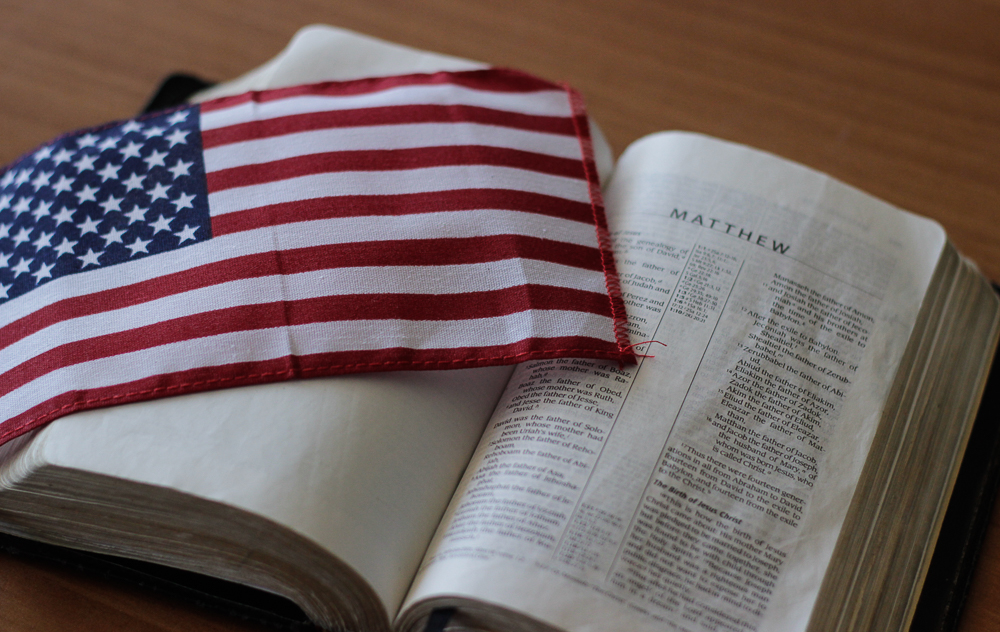Evangelical Christians are known for being political creatures, but not all are politically inclined. A recent CNN report indicates a portion of evangelicals keep politics at “arm’s length” and “are reluctant to fuse the sacred sphere of religion with profane politics.”
This wariness may come from supposing politics is simply the struggle for resources. But political science professor Scott Waller observes, “Politics has a kind of normative quality to it, meaning that there are better and worse ways of doing things.” Since politics seek a better way to govern, Christians should have a legitimate interest in it.
Pluralism and Morality
However, moral relativism often sidelines Christians from political conversation. “Pluralism does not entail relativism,” Waller counters. Just because there are more voices at the table does not mean there is no better or worse, or right or wrong.
Because of this, some mistakenly think Christians should not legislate their morality on others. However, laws by their nature impose a moral viewpoint — it is not a question of whether morality will be imposed, but whose it will be.
Others fear Christians want to impose theocracy on others. This hypervigilance is misplaced because traditional Christian theology prescribes neither ancient Levitical laws nor compulsory worship on society. Fear of theocracy distracts from positive insights Christians bring to political discussion.
Within the church, some believe what is most important to Christians — the tenets of their faith — should remain private. Waller observes that evangelicals are unique in censoring themselves. He challenges, “If [you] have insights into human flourishing, why wouldn’t you want to at least offer that for consideration for people?”
Biblical Reasons for Politics
Christians also have biblical reasons for political engagement. Theologian Robert D. Culver explains that government is of the order of preservation. That is, God ordained civil government to preserve humanity against its self-destructive tendencies. In Genesis 4, God marks Cain, guilty of murdering his brother, so other persons will not take revenge on him. A fallen world necessitates the restraint of evil, and politics can aid this goal.
In 1 Timothy 2:1-4, Paul asks for Christians to pray for civil authorities, so we can lead peaceful, quiet lives in godliness and holiness. Further, this pleases God who wants all people to be saved and come to knowledge of the truth. For Culver, government preserves not just civil order, but the opportunity for people to receive the gospel.
The Good Life
Peace, quiet and coming into truth are not exclusively Christian values — they serve what Aristotle called “the good life.” This goal is achieved by the fulfillment of human capacities, what America’s Declaration of Independence calls the “pursuit of happiness.” Even those at odds with traditional Christianity value the good life. Supreme Court Justice Anthony Kennedy infamously opined that, “At the heart of liberty is the right to define one’s own concept of existence, of meaning, of the universe, and of the mystery of human life.” Humans cannot define reality itself, but Kennedy’s sentiment reflects some shared understanding of the good life.
Politics is not just about grabbing power. Christians partake in the common goals of improving public policies, restraining evil and preserving order, and giving everyone the chance to live a good life. Of particular importance to evangelicals, God values good governance that facilitates preaching of the gospel. Christians have the ultimate reason to be political.







